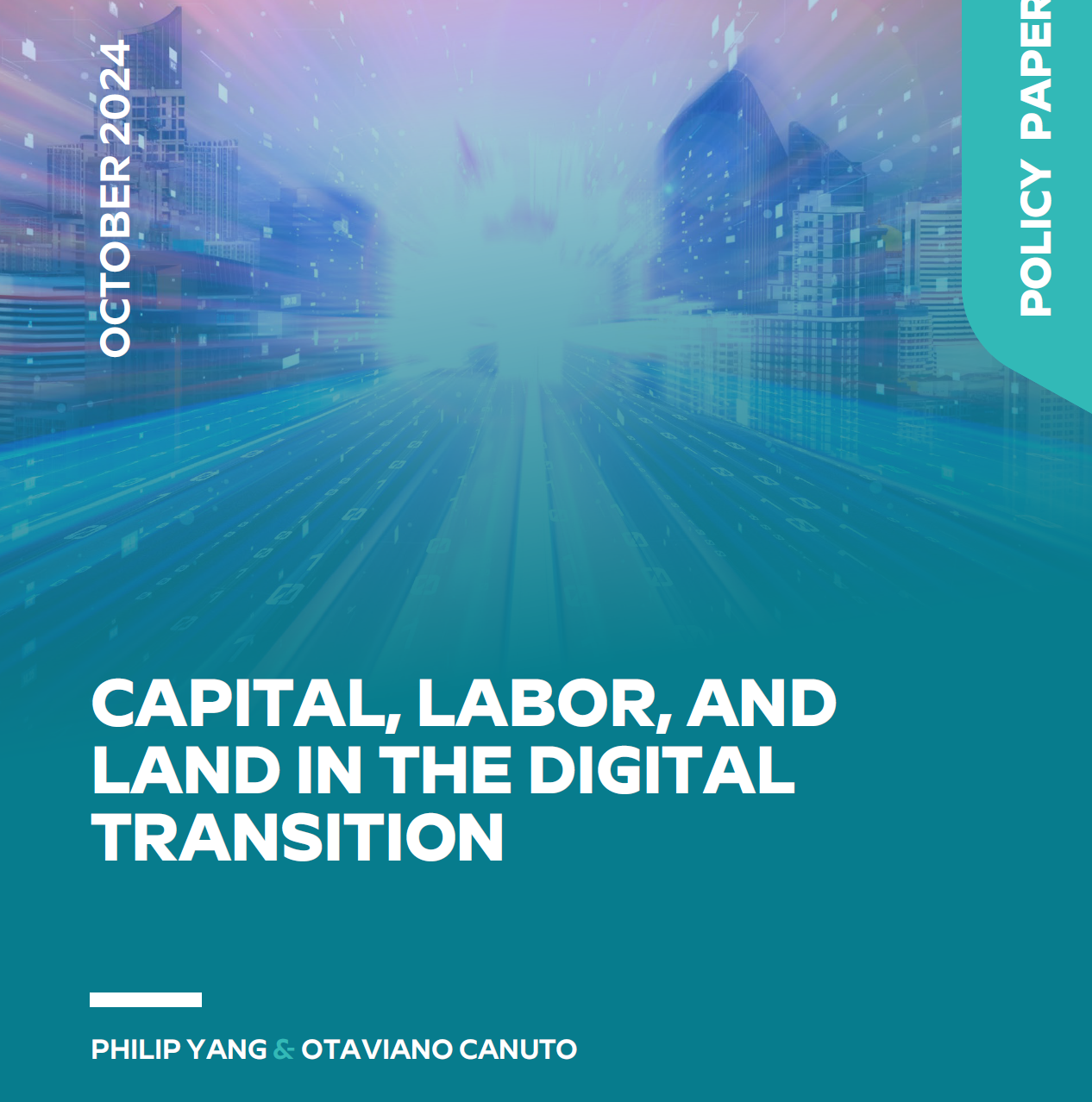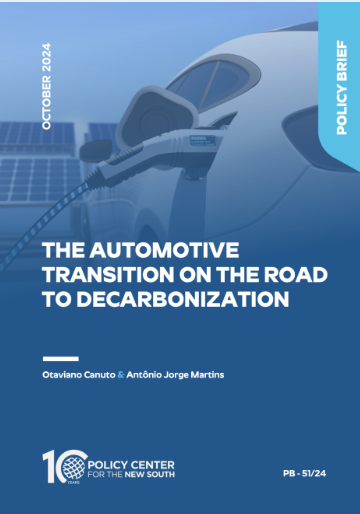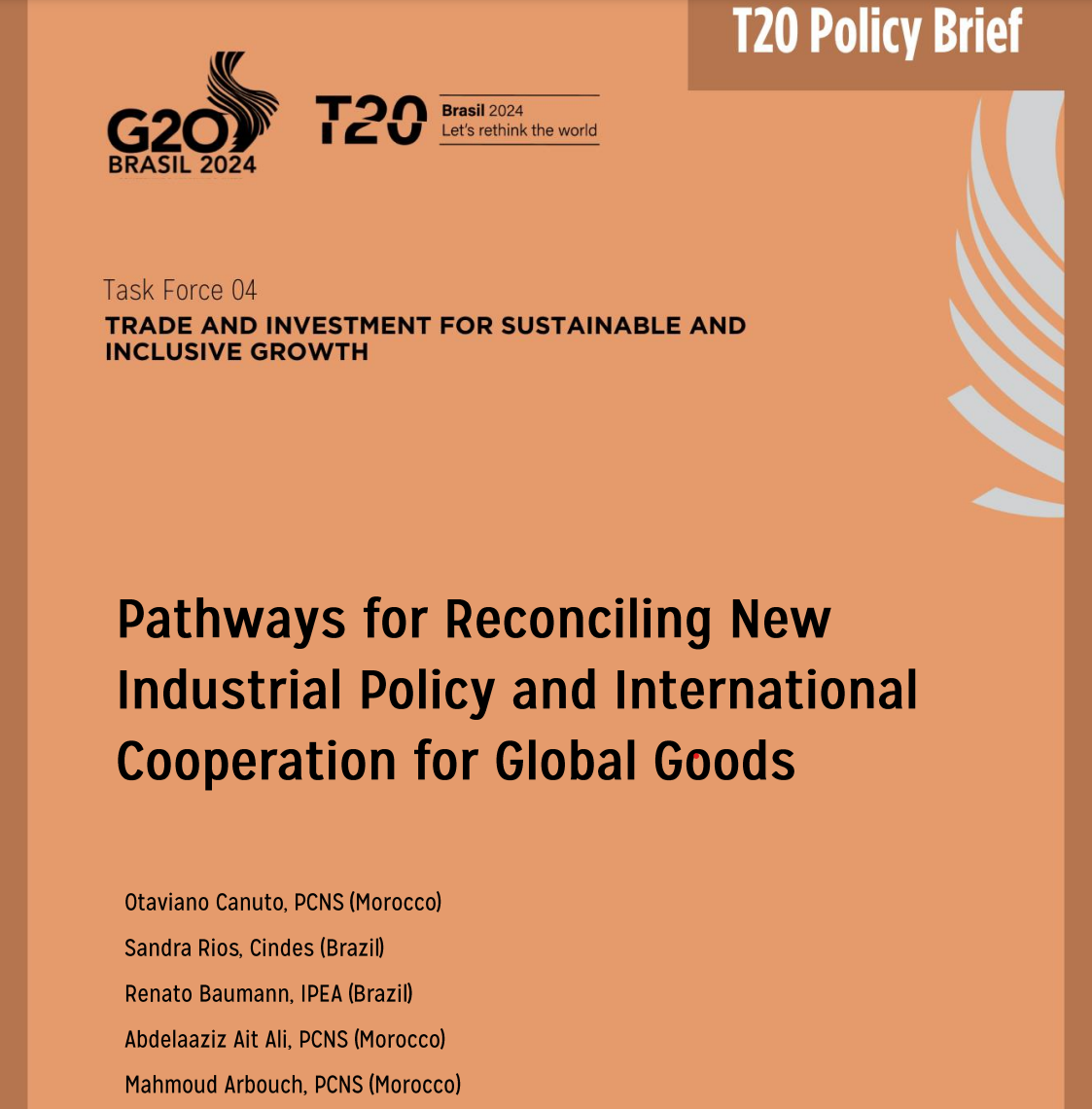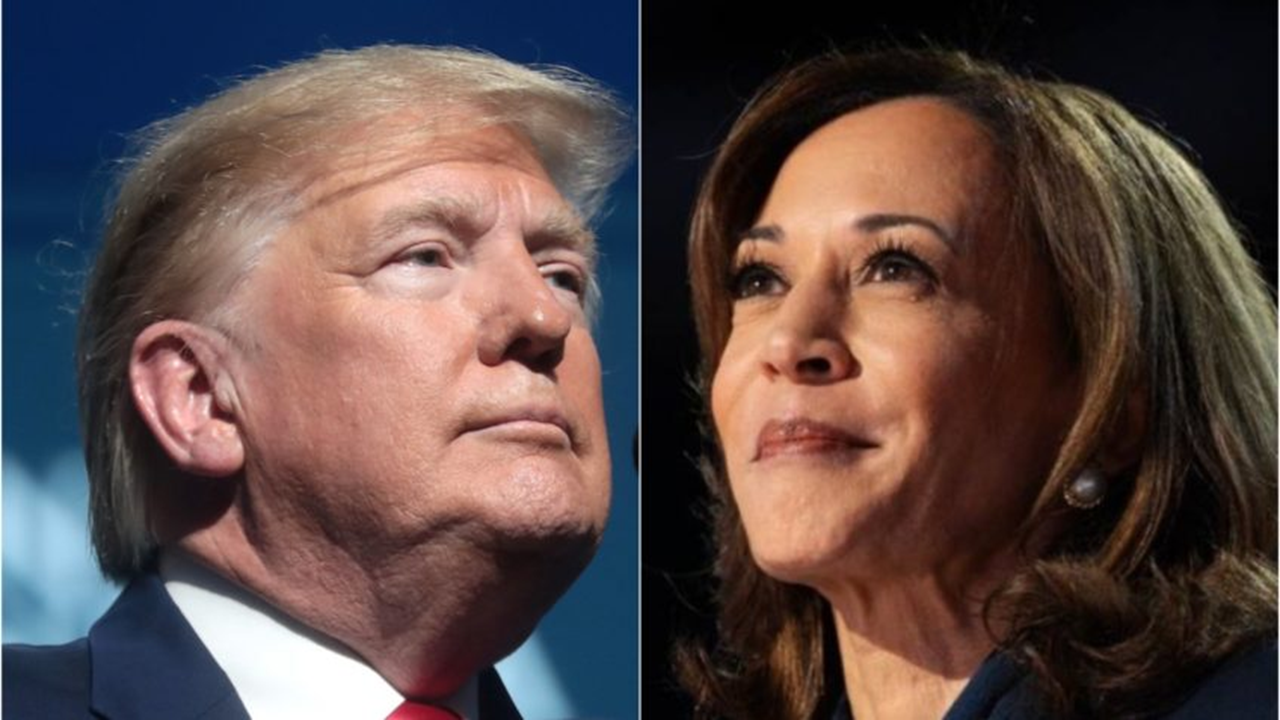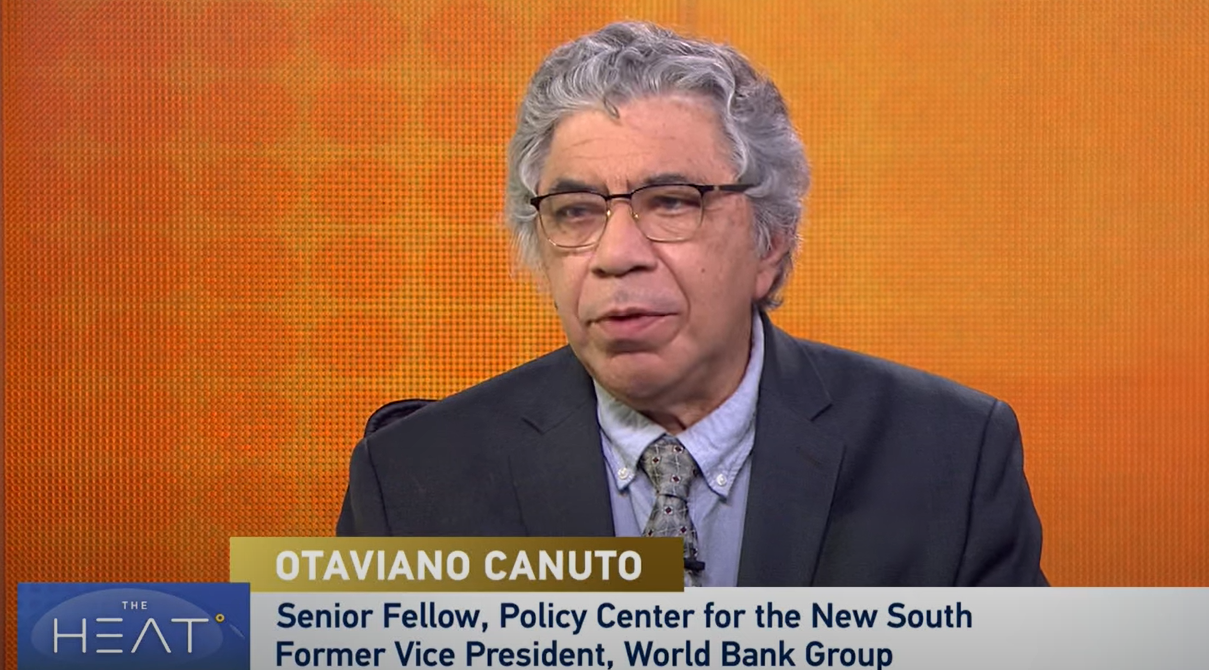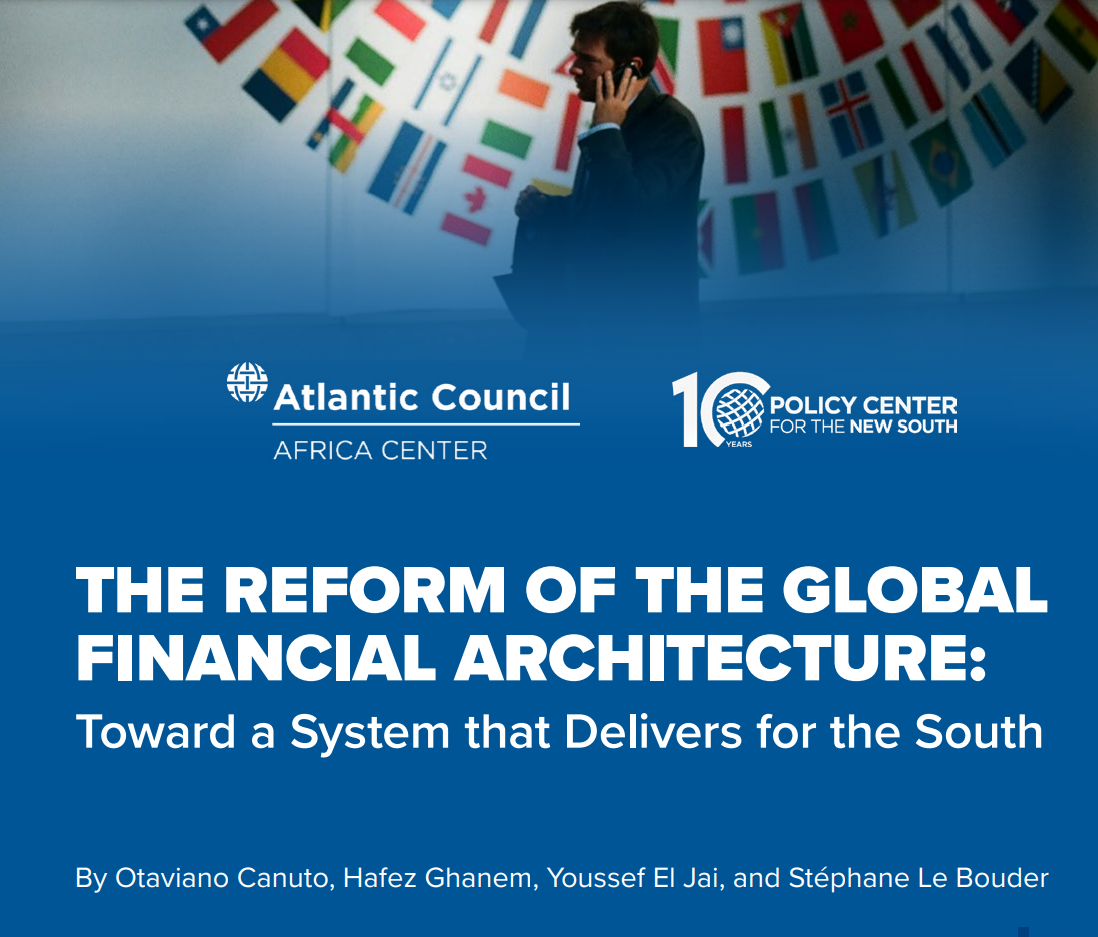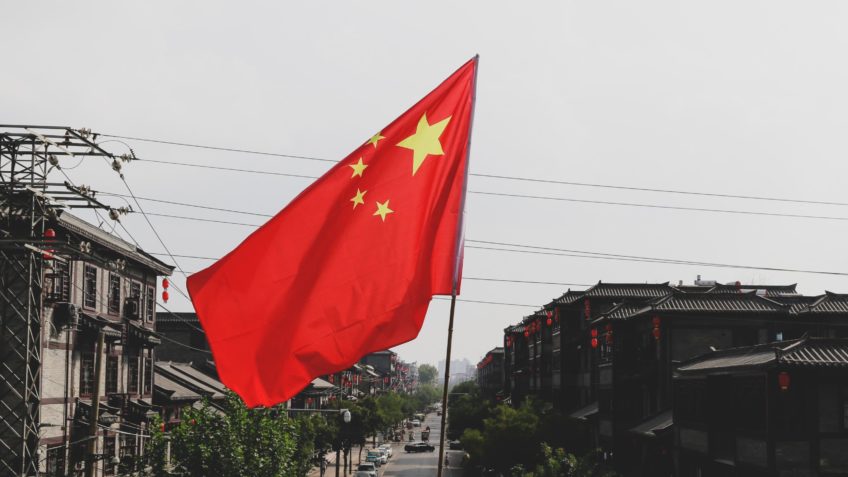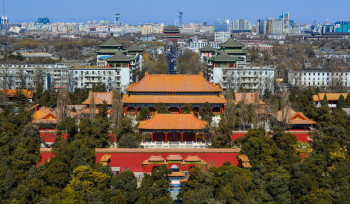Capital, Labor, and Land in the Digital Transition
The digital revolution is bringing about a dramatic shift in power, from labor to capital. We assess what the impact of this transformation might be on land as a factor of production. The digital revolution is not happening in a historical vacuum. It unfolds within a framework of confrontation or collusion between market forces and government forces. Depending on the market power that companies can exercise, the digital transition will have different impacts on income distributions between capital, labor, and land, as well as on income distribution within capital itself. This digital transition is advancing during a period of history marked by the worsening of four major crises, the effects of which are interconnected: international, environmental, democratic, and distributive. Urban land management, based on collective purpose, must be recognized as a strategic asset in building a future in which progress is guided by equity, resilience, and social responsibility, with human dignity and the environment at the center of decisions.

